Mixing Klonopin and alcohol might not seem like a big deal at first. But it can turn dangerous fast. Both substances slow your brain and body. Together, they increase the risk of overdose, blackout, or even death. Many people don’t realize how serious the effects can be until it’s too late. If this mix is part of your routine—or someone you care about—you’re not alone. Help is out there. You can find support, answers, and care that works. Many addiction treatment centers in West Virginia deal with this exact issue. They know how to help with both alcohol and prescription drug misuse. Knowing the facts is a smart first step. This isn’t about blame. It’s about safety, recovery, and getting your life back under control before something goes wrong.
What Is Klonopin and How Does It Work?
Klonopin is a brand name for clonazepam, a benzodiazepine used to treat seizures, anxiety, and panic attacks. It slows down brain activity, helping people feel calmer. While effective when used as prescribed, it’s easy to build a tolerance or become dependent on it. Klonopin works by increasing GABA, a chemical in the brain that helps control nerve activity. Many people taking this drug also drink alcohol without knowing the risks.
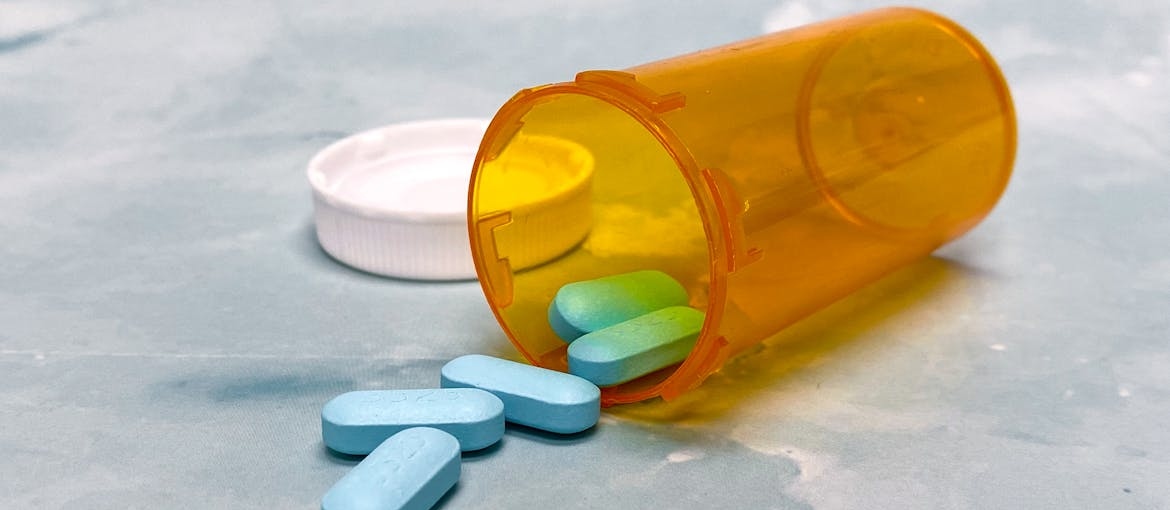
That’s when trouble starts. Mixing clonazepam and alcohol affects breathing, coordination, and memory. People dealing with both may need help from an alcohol rehab WV residents trust. Doctors at these centers can safely taper medication and create a recovery plan. If you’re prescribed Klonopin, ask your doctor what should you not mix with Klonopin before taking anything else, especially alcohol or other depressants.
Why Mixing Klonopin and Alcohol Is So Dangerous
When you mix benzos and alcohol, both substances affect your central nervous system. That means your heart rate, breathing, and reflexes all slow down. You may feel relaxed at first, but the effects can take a dangerous turn fast. Many people underestimate how risky this mix can be. Even a small amount of alcohol with Klonopin can lead to overdose, blackout, or worse. Here’s why this combo should never be taken lightly:
- Breathing slows: Oxygen levels drop, risking unconsciousness or death.
- Heart rate drops: Can lead to cardiac arrest in some cases.
- Severe confusion: You may not know where you are or what’s happening.
- Loss of coordination: High risk of falls or accidents.
- Memory loss: Total blackouts or missing time.
- Overdose risk: Increases sharply, even with moderate doses.
Treatment for Polydrug Use Involving Klonopin and Alcohol
Mixing alcohol and Klonopin puts serious strain on your body and mind. If you or someone you care about struggles with both substances, professional care can help. Treatment for this mix needs a careful approach, starting with detox and continuing through therapy and community support. Each step focuses on healing safely and building a plan that lasts. Here’s how real treatment works when someone is misusing both clonazepam and alcohol.
Medical Detox for Benzodiazepines and Alcohol
Stopping both alcohol and Klonopin at the same time can be dangerous without medical help. Detox should always be done in a safe setting with trained professionals. These teams monitor your health closely and give medications to ease withdrawal symptoms. A proper benzo detox handles both substances and lowers the risk of seizures, extreme anxiety, or other issues.

You may stay in a detox facility for several days while your body clears both substances. After that, treatment shifts toward rebuilding your mental and emotional health. Medical detox is the first step, not the full solution. Without it, you could end up back in crisis fast. Detox also gives doctors a chance to assess your overall condition and plan what comes next. Real recovery starts when you have a strong, safe foundation to build on.
Therapy Options for Dual Substance Dependence
Therapy helps you understand why you turned to alcohol and Klonopin in the first place. For many people, it’s not just about the substances—it’s also about mental health. That’s why dual diagnosis treatment West Virginia centers are so important. They treat both the addiction and the underlying issues like anxiety, PTSD, or depression. Therapy might include one-on-one counseling, cognitive behavioral therapy, or trauma-informed care.
Group therapy also plays a key role. It helps people connect, share, and learn from others with similar struggles. When both alcohol and prescription drugs are involved, treatment must be focused and personalized. You don’t get better from one without treating the other. That’s why finding a rehab that understands dual substance use and mental health conditions makes such a big difference. Therapy teaches you to manage cravings, triggers, and stress in healthy ways.
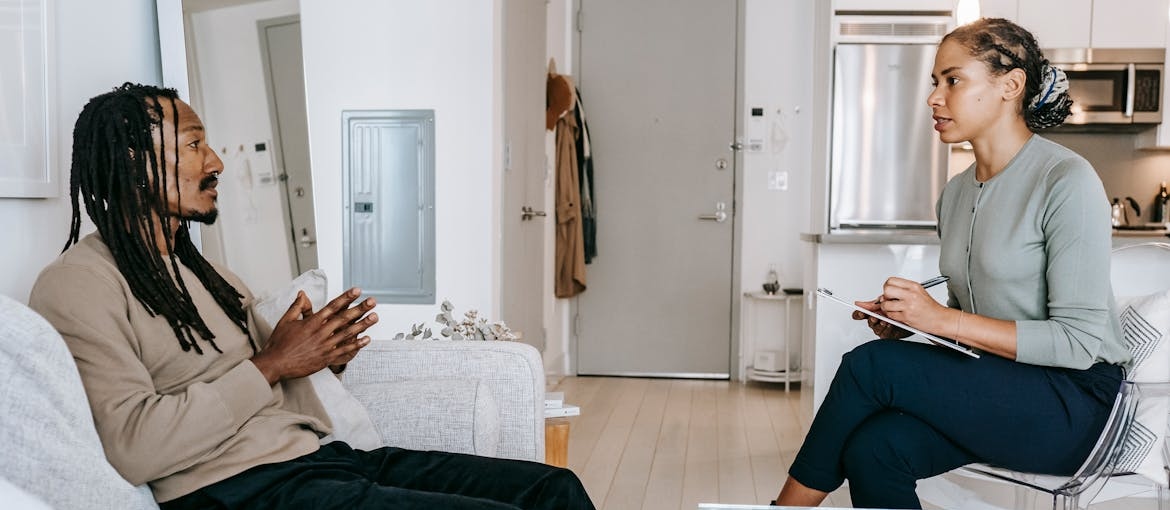
Support Groups and Long-Term Recovery Plans
Support doesn’t stop when detox or therapy ends. Staying sober after using alcohol and Klonopin takes continued effort. That’s where long-term planning matters:
- Relapse prevention strategy: Helps you recognize and manage warning signs early.
- Regular peer support: Keeps you connected and accountable.
- Ongoing therapy sessions: Maintains mental health and stability.
- 12-step or alternative groups: Builds community with people who understand.
- Healthy routines: Encourages better sleep, diet, and coping tools.
- Family involvement: Heals trust and creates support at home.
- Sober living options: Offers structure and safety during early recovery.
Who Is Most at Risk for Mixing Klonopin and Alcohol?
Some people are more likely to mix alcohol and Klonopin without fully understanding the danger. They may be prescribed the drug and think occasional drinking is harmless. Others use both to manage stress, sleep, or emotions. Certain groups face greater risks and may not seek help early enough. If you see this pattern in someone you care about, speak up. Many families find help through alcohol rehab for seniors and other age-specific programs.
- Older adults: May take prescriptions without realizing alcohol makes them more risky.
- Teens and young adults: Often mix substances while partying or experimenting.
- People with anxiety: Use both to manage stress or sleep.
- Those with trauma: Numb emotions with both substances.
- People living alone: Lack supervision or someone to step in during an emergency.
- Heavy drinkers: Already have a high alcohol tolerance and take benzos on top.
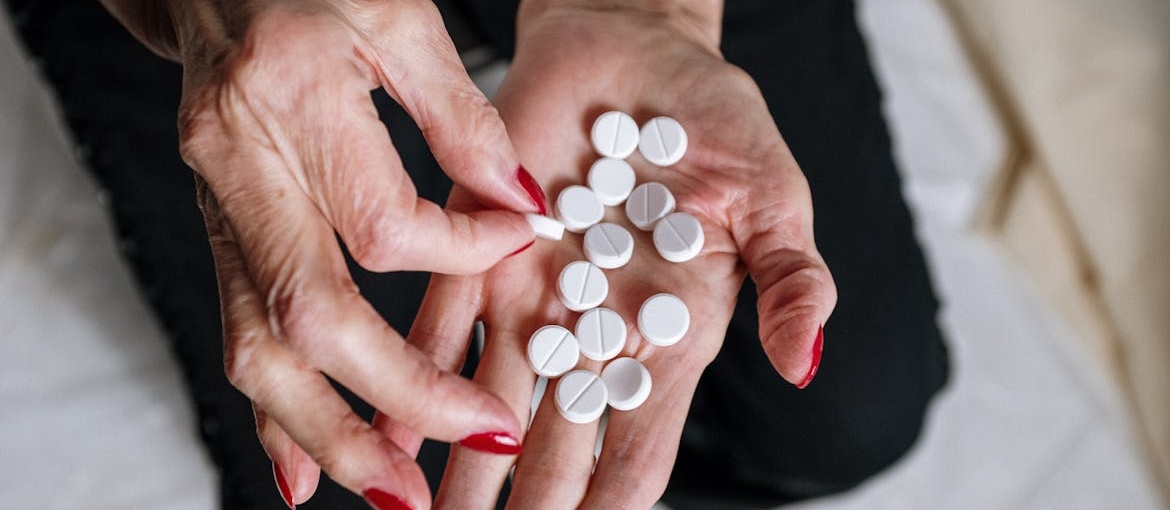
How to Help a Loved One Who Mixes Klonopin and Alcohol
Watching someone you love mix Klonopin and alcohol can feel overwhelming. You may not know how to step in or what to say. But small actions can make a real difference. You don’t need to solve everything at once. What matters is knowing the signs, starting conversations without blame, and helping them connect with real help. These next steps can guide you through that process in a way that’s thoughtful and supportive.
Warning Signs to Watch For
If someone close to you mixes alcohol and Klonopin regularly, certain changes can show something’s wrong. You may notice physical signs, mood shifts, or behavior that just feels off. Here are signs to keep an eye on:
- Slurred speech: Speaking slowly or unclearly without reason.
- Frequent blackouts: Not remembering events from the night before.
- Sleep issues: Sleeping too much or not enough.
- Irritability: Sudden mood swings or snapping at others.
- Secretive behavior: Hiding pills or alcohol, avoiding questions.
- Poor coordination: Trouble walking or using hands properly.
- Neglecting responsibilities: Ignoring work, school, or family duties.
- Using both substances often: Drinking while taking medications like clonazepam and alcohol together.
How to Talk About Treatment Without Judgment
Bringing up treatment can be hard. You might feel scared they’ll shut down or get angry. Still, it’s worth the risk. Choose a time when things are calm. Speak from care, not control. Focus on how their use affects their health and relationships. Avoid blame. You can say something like, “I’m worried about how much you’re drinking while on Klonopin. Can we talk about this?”
Mention available options gently. If they live nearby, suggest a place like an alcohol rehab center Athens OH residents trust. Having specific info helps. Don’t expect instant change. They may need time to think. Keep the door open. Just knowing someone cares can be a turning point. Support doesn’t have to be loud. It just has to be there. You’re planting the seed. What happens next depends on their readiness.
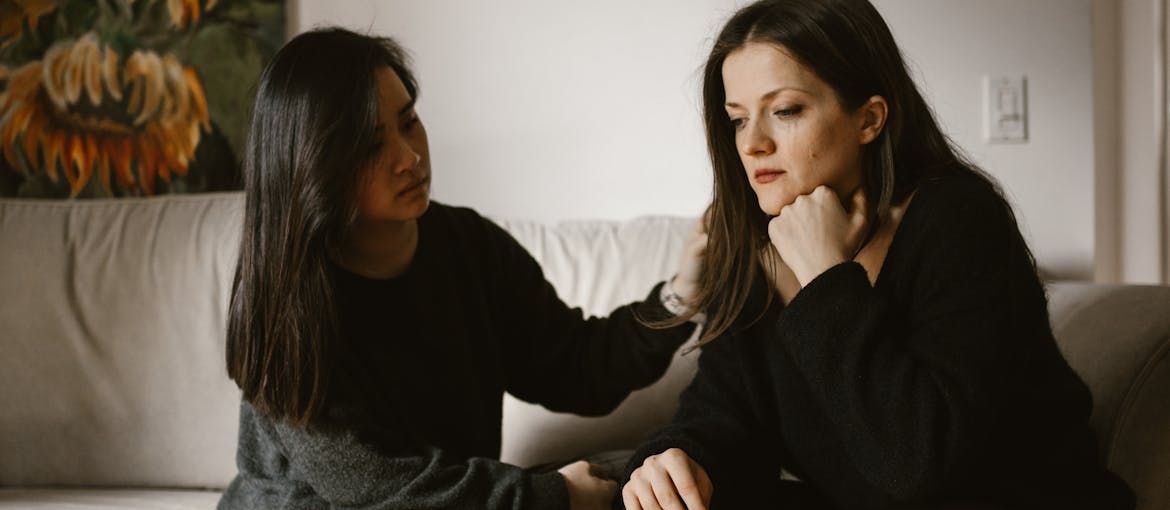
Finding Help Through a Trusted Rehab Program
Getting real help starts with knowing where to look. You want a program that can handle both alcohol and drug use. Some centers may only treat one or the other, which doesn’t work for someone using both. Look for programs that cover detox, therapy, and long-term care. If you’re worried about cost, know that blue cross blue shield drug rehab coverage applies to many respected treatment centers.
Some plans cover inpatient care, outpatient support, and medications. You can call the insurance company or speak directly with a rehab to check what’s covered. Don’t wait to have every detail in place. Just make the first call. Many people put off treatment because they think it’s too expensive. But options are out there. The sooner they start, the better the outcome. Recovery doesn’t begin when everything’s perfect. It begins when someone says yes.
Signs of an Overdose Involving Klonopin and Alcohol
Overdosing on alcohol and Klonopin can happen suddenly, even if you’ve used them before without problems. The signs are often physical at first but can quickly become life-threatening. If you see any of these signs in someone who has taken both, call emergency services right away. Don’t wait or assume they’ll “sleep it off.” Breathing or heart rate could stop without warning. Time matters. Getting help fast can prevent long-term damage or death. If you ever wonder, can I drink 24 hours after taking clonazepam—you’re asking the right questions. It’s always safer to act than to guess wrong. Look for signs like:
- Shallow or stopped breathing
- Pale or bluish lips or skin
- Slow or irregular heartbeat
- Loss of consciousness or unresponsiveness
- Vomiting while unconscious
- Cold or clammy skin
- Weak or no pulse
- Snoring or gurgling sounds
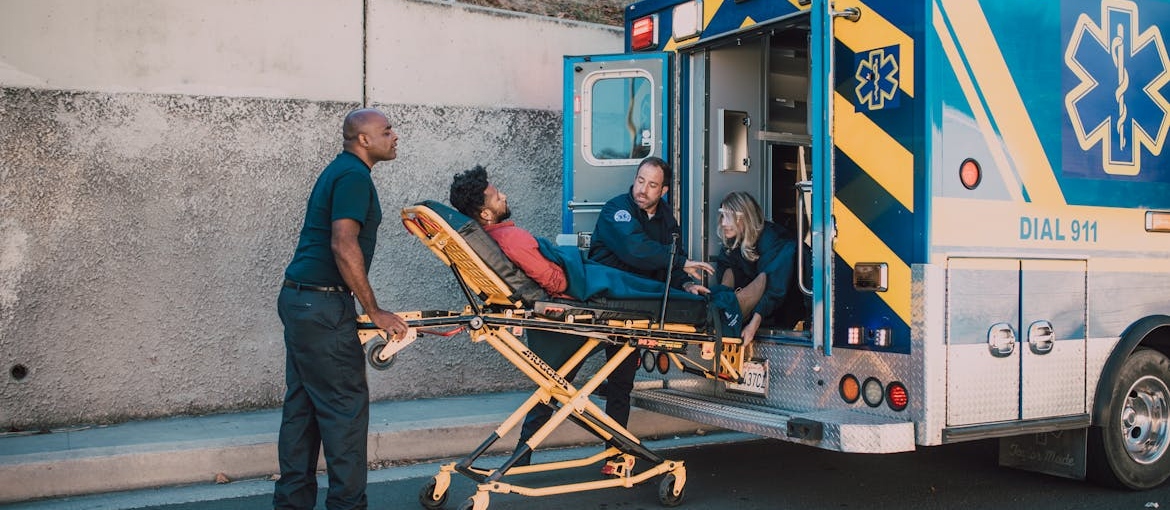
Long-Term Health Risks of Mixing Klonopin and Alcohol
Using alcohol and Klonopin together doesn’t just put you at risk short term. Long-term use of both substances creates deep damage to the brain, liver, and emotional health. Memory problems, depression, and constant fatigue are only the start. Many people develop permanent changes in how they think or feel. If you’re asking, is it okay to drink alcohol while taking anxiety meds, it’s worth looking at the full picture:
- Memory loss: Both short and long-term memory can be damaged.
- Liver damage: Processing both substances puts extra strain on the liver.
- Worsening anxiety: Rebound anxiety and panic attacks increase over time.
- Sleep problems: Poor sleep, nightmares, or insomnia become regular.
- Cognitive decline: Decision-making and attention get worse over time.
- Mood swings: Long-term emotional instability or increased aggression.
- Depression risk: Substance-induced depression is common with ongoing use.
- Physical dependence: Harder to stop either substance without help.
Making a Safer Choice Starts Today
Mixing Klonopin and alcohol is never safe. It’s not just about feeling tired or dizzy. It’s about real risks—like stopping your breathing or not waking up. If this combination is part of your life, it doesn’t mean you’re broken. It means now is the time to make a change. There’s real support available, and you don’t have to fix it alone. You can talk to someone. You can ask for help. Recovery starts with a single choice. You’re not the only one who’s been through this. Thousands of people have faced the same struggle and found a better way. You can too. Learning the truth about Klonopin and alcohol is a powerful step. Now, it’s your move. Reach out. Ask questions. Get help. Your life is worth protecting.



